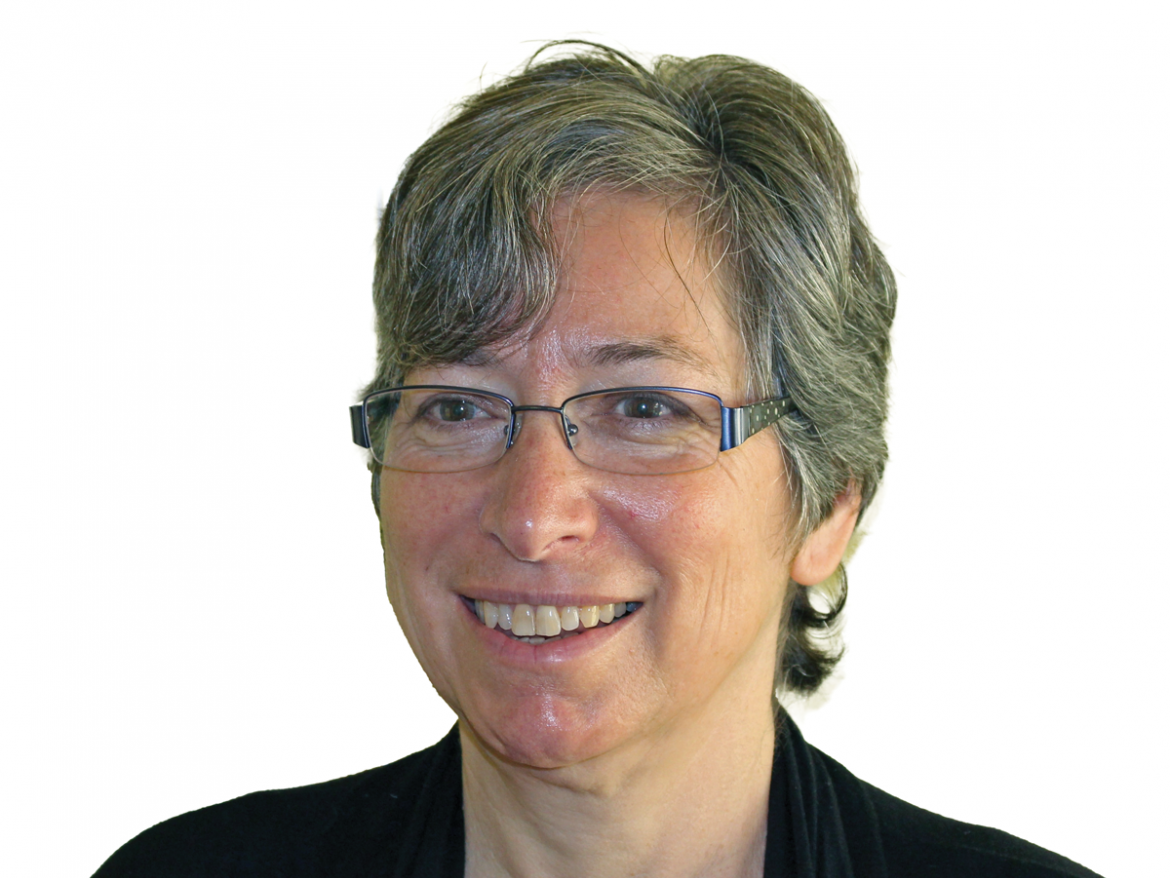Q: How would you describe the work of Quaker Earthcare Witness (QEW)?
QEW’s work comes from a spiritual center that sees all of nature as connected. From this spiritual core, we focus on ecological integrity and environmental justice. As a network, we share stories of what Friends (and others) are doing to support Earthcare, and we share resources and offer a space for reflection and contemplation.
Q: QEW’s mission is to seek right relationship with Earth and unity with nature. What does that look like to you in terms of policy change?
First, we have to consider how our actions impact all people—this requires a commitment to environmental justice. Further, we have to consider how our actions impact ecological systems for now and into the future. I would also like us to recognize the rights of nature.
Many QEW Friends feel aligned with the traditional wisdom of Indigenous communities—the sense that “we are all related.” We have been supportive of Indigenous-led actions such as opposing the Dakota Access Pipeline, and several other pipeline struggles.
Q: We hear a lot about the ecological crises wrought by climate change, but what sorts of social crises do you foresee? What crises are happening already?
Socially, we are experiencing environmental and climate injustice—that some people are disproportionately impacted by climate change and environmental degradation. We see this whenever there is extreme weather. People with the least resources and who are least likely to have contributed to creating the problem often experience the most damage and hardship.
QEW’s work comes from a spiritual center that sees all of nature as connected.
It is widely reported that long-term drought as well as dangerous social situations in Central America led to mass migration north. It has long been accepted that the conditions that sparked the Syrian civil war were drought and a mass migration from rural to urban areas. I see two avenues for addressing migration: First, we need to recognize that there will be increasing migration due to extreme environmental conditions for at least the next 50 years and that migrants have a right to be treated fairly and humanely. Second, we need to provide assistance to countries that are facing these extreme conditions.
Q: Is it possible that we see climate migration within the United States? If so, what might that look like?
We might already be seeing it, as people leave areas that experience more frequent wild weather or fires resulting from long-term drought.
We know that the biggest polluters are often a handful of massive entities, whether that’s corporations or even the U.S. military. How do you toe the line between tackling environmental issues from a personal standpoint and from a systemic standpoint?
This question often stalls Quakers. The thought process can be, “If I’m not living 100% environmentally, I can’t advocate for policies along those lines.” But that means you’ll never act on anything.
It’s important to do what you can and realize that you are part of a bigger picture. If we don’t advocate for systemic change, we’ll never make significant changes.
Q: How can people support your work?
Go to our website to check out our message and resources, donate, and spread the word. We are available for online workshops with monthly and yearly meetings. We’re also hosting worship sharing with Friends General Conference on the last Wednesday of every month—join us!
Shelley Tanenbaum is an environmental scientist and is general secretary of Quaker Earthcare Witness (www.quakerearthcare.org). She is a member of Strawberry Creek Quaker Meeting in Berkeley, CA. Interview by Alex Frandsen.

